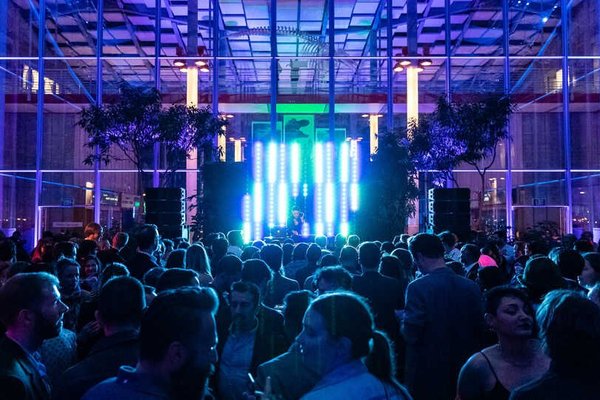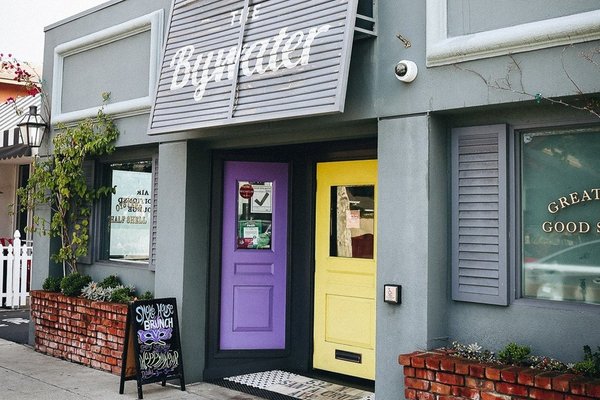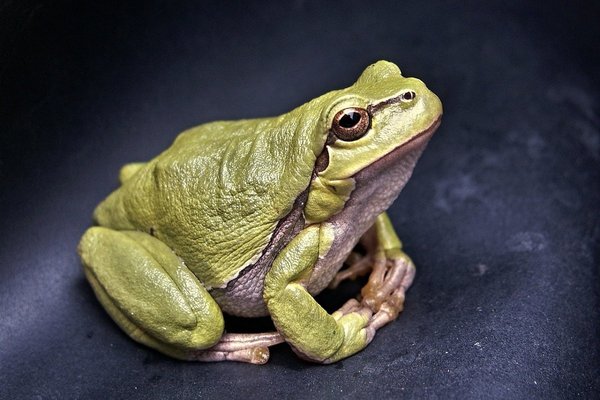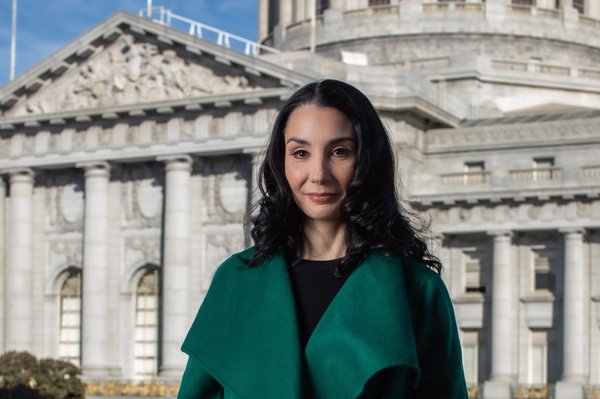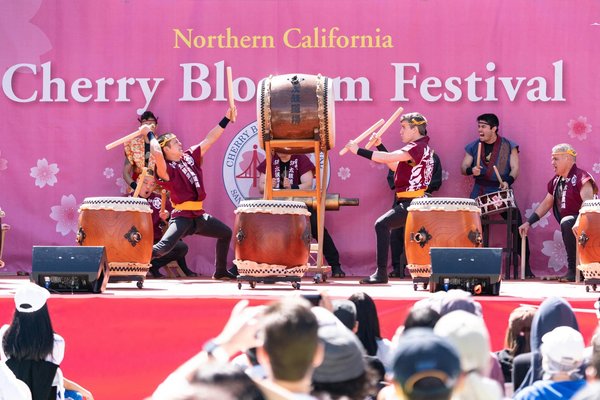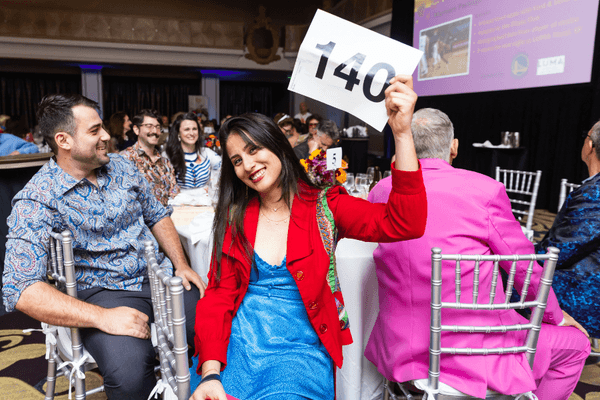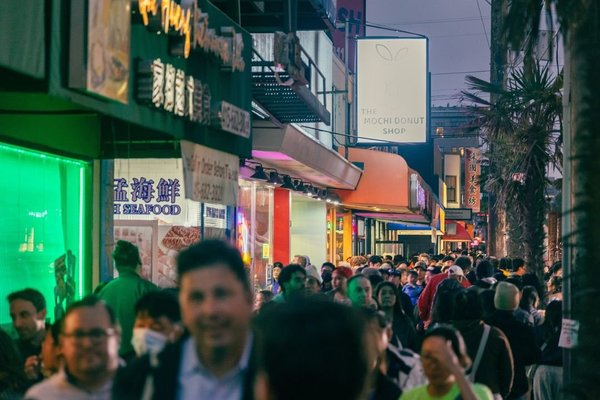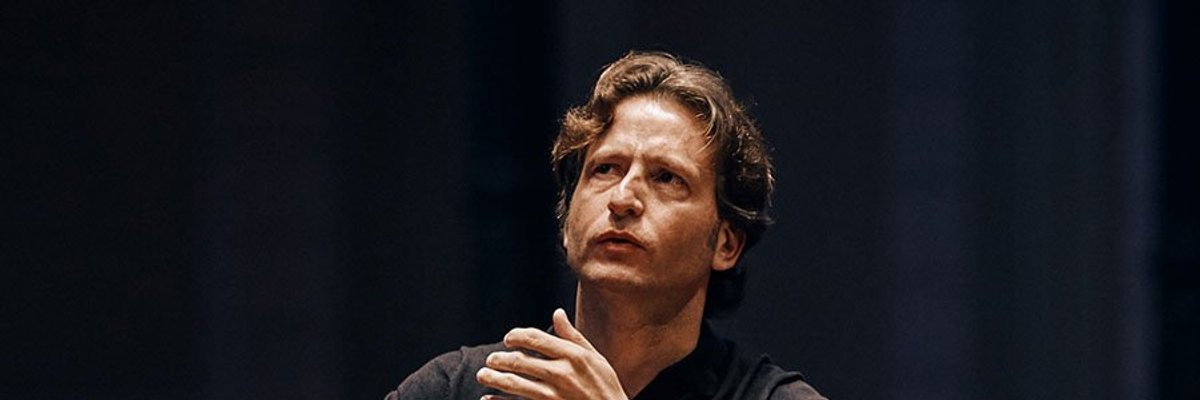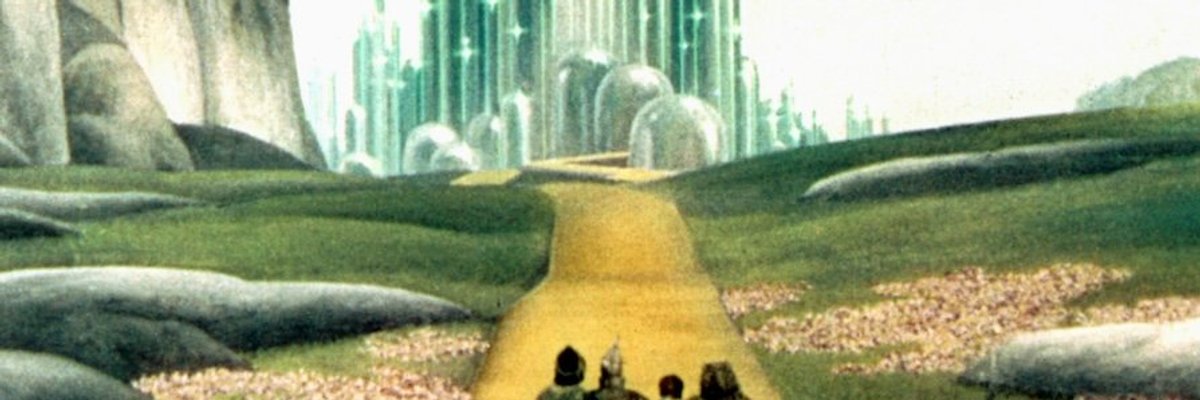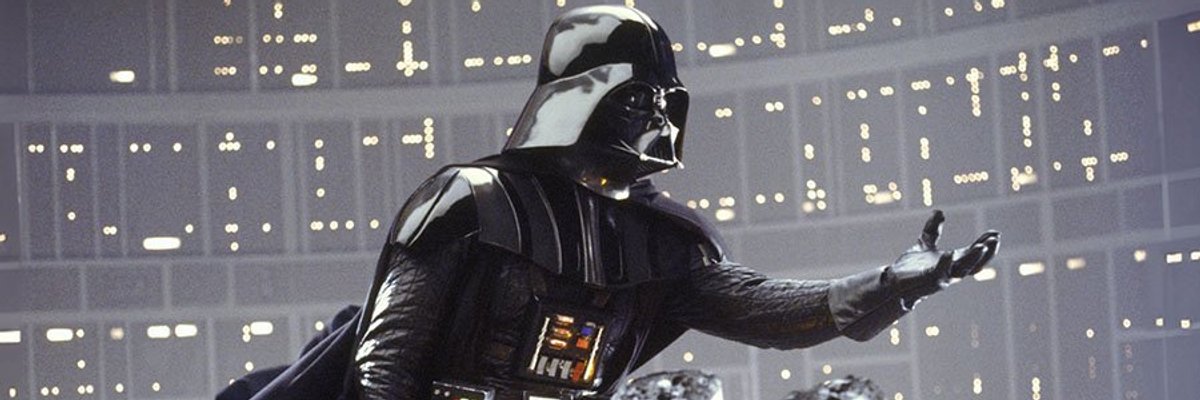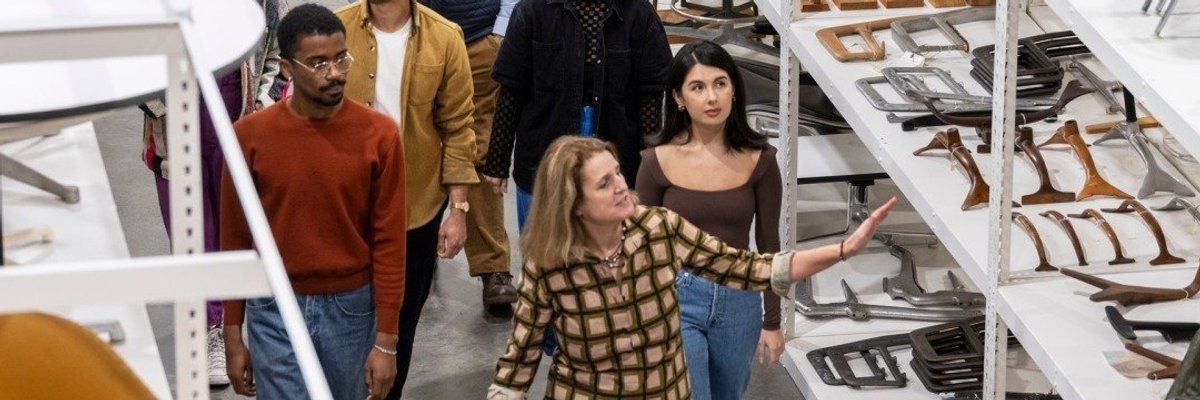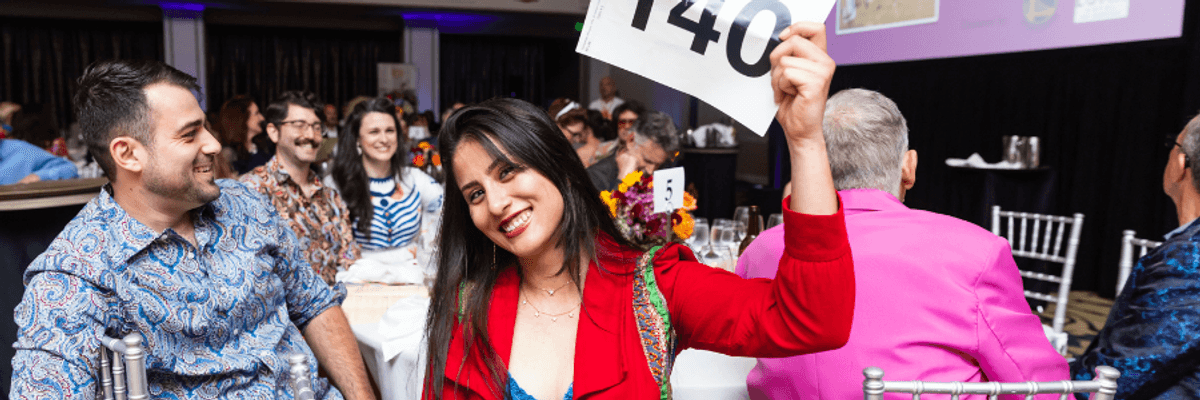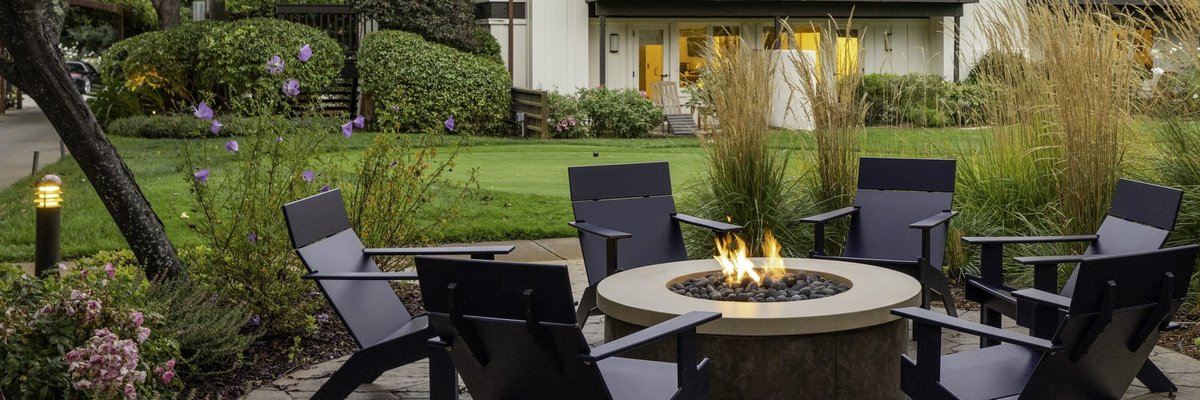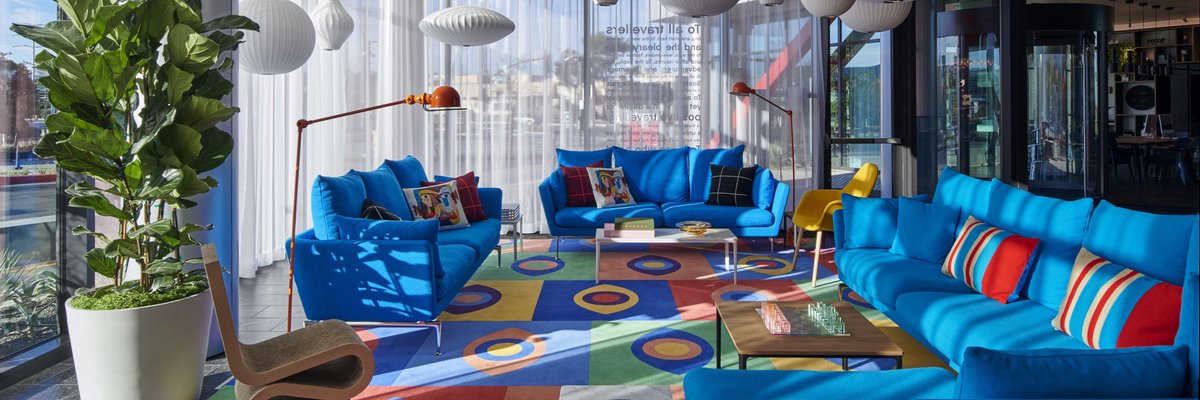Judd Apatow is no stranger to labels.
Roger Ebert, Variety and ABC’s Nightline have independently declared him Hollywood’s new King of Comedy. The editors of Vanity Fair and the Los Angeles Times downgraded him to Mayor, though their praise was otherwise no less effusive. And Inside the Actors Studio host James Lipton, never one to withhold a compliment, recently branded Apatow a “genius.”
But believe it or not, there was a time when the Syosset, New York, native, then in his early 20s, struggled to sustain a career as a stand-up comedian. Although he conceded that battle, choosing instead to write for fellow stand-ups like Roseanne Barr, his passion for the craft remained undiminished.
Perhaps that’s one reason why Funny People, his new comedy about the budding friendship between a dying stand-up superstar and his young, up-and-coming apprentice—played, respectively, by Adam Sandler and Seth Rogen—feels like Apatow’s most personal offering to date. Like John Hughes, an acknowledged influence, Apatow, now 41, has chronicled adolescent angst (TV’s Freaks and Geeks) and the anxieties of impending parenthood (Knocked Up), but rarely before has he explored such dark—dare we say mature—territory.
On the not-so-laughable questions posed by Funny People:
“The movie asks, ‘Can you be a comedian and still be a semi-healthy person?’ How messed up do you have to be to want to be a stand-up and to do it well? How much of a personal sacrifice do you have to make to be that guy?
“A lot of the movie is about Seth, the young guy, figuring out what kind of adult he wants to be. He wants to be the Adam Sandler character because of his success, but Adam’s character is also very unhappy. It’s not until he gets sick that he realizes how alone he really is.”
On the chemistry between Sandler and younger co-stars like Rogen and Superbad’s Jonah Hill:
“All the young guys in the movie are in such awe of him. They grew up listening to his dirty comedy albums and seeing Billy Madison and Happy Gilmore. And that’s the dynamic I wanted in the movie—they love him, but they’re a little bit scared of him. Adam’s also a real gentleman and super-professional, and I think they were pretty amazed at his work ethic and demeanor. When Adam makes movies, the crew cries when they end because they had such a good time making them.
“That’s an important part of the process, especially in comedy, because you need to create an atmosphere where everyone is loose, and they feel comfortable enough to experiment and take chances. And beyond all that, he’s just a crazy, fun guy who’s hilarious to be around.”
On what made Sandler perfect for the role of dying, self-absorbed stand-up George Simmons:
“I knew Adam when I used to do stand-up at the Improv back in the late ’80s and early ’90s. We lived together for a couple years right before Adam got hired by Saturday Night Live, so I always wanted to do something like this with him. I wanted him to be a part of our collective, to see how he’d fit in.
“I wanted to push him into a zone where he’s never been in movies. There’s another side to Adam’s humor, a darker, more profane side that’s closer to the comedy on his albums than what you see in most of his films. I wanted to play with that dark side of his personality. We always talked about this part in particular because we saw George Simmons as the guy we would have turned into if we didn’t meet nice women and get married. We would have become egomaniacs.”
On the thoughts he struggles with even now, as Hollywood’s reigning King of Comedy:
“There are questions I always ask myself: Is it healthy to want to make people laugh? Is it because I’m damaged in some way, or is it a beautiful thing that helps people connect? Making people laugh is an easy way to numb out, but are you taking care of yourself? I love pleasing people, but I think it can be a negative thing if you do it at the expense of your own emotional well-being.”
On the short-lived TV show he’s called his greatest achievement, and still does:
“After Freaks and Geeks, I thought to myself that everything I did afterward would be icing on the cake, because Freaks and Geeks got made the way we wanted it to be. I use it as a way not to feel pressure about whatever I’m working on. You know, ‘Whatever happens, we made Freaks and Geeks.’
“It’s very easy to put yourself under so much pressure that you can’t take all the risks you need to take. Every movie is just an experiment, and you don’t know what’s going to happen once you get everything on film, whether there will be any sort of interesting chemistry going on. So no matter what happens, I can say, ‘Well, I made Freaks and Geeks. I can survive this.’ And then it allows me to have some balls about what I’m doing.”
- Wine Country
- Holiday Gift Guide
- Holiday Recipes
- Events + Openings
- Workouts + Wellness
- Culinary Road Trip
- Community + Activism
- Cooking Videos
- COVID-19
- LGBTQ Pride
- Art + Design
- popular
- Test
- San Francisco
- East Bay
- Oakland
- Marin
- Silicon Valley
- Tahoe
- Secret Recipe
- Foodie Agenda
- Drink Here Now
- The Big Eat
- Play
- Tech
- Weddings
- Top Stories
- From Our Partners
- Property Porn
- Apartment Porn
- Brunch Topics
- Cannabis Insider
- Weekend Guide
- Monthly Agenda
- The Sunday Read
- Neighborhood Guide
- Best of San Francisco
- Most Popular
- Travel
- Dining + Restaurants
- Style Council 2016
- Cannabis
- 7x7 Hot 20
- 7x7 Cannabis Guide
- Bay Area Wellness Guide
- Shop Talk
- Music + Concerts
- Bay Area News
- News + Politics
- Restaurant Review
- Made in the Bay Area
- Style Council 2017
- Humor
- Manually populated
- Right Rail Most Read
- Sports
By
Related Articles



